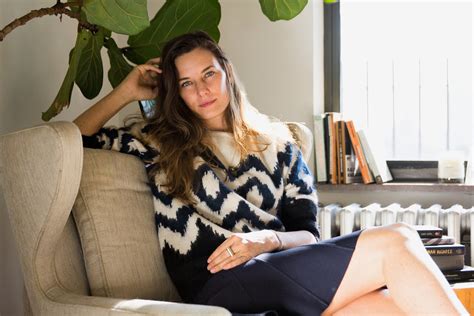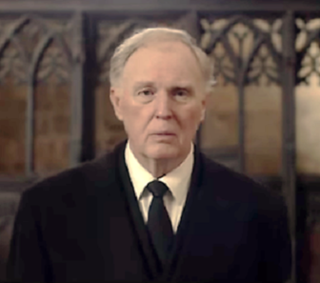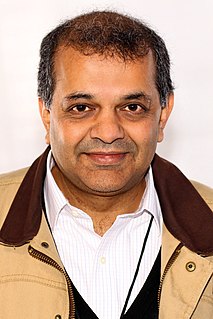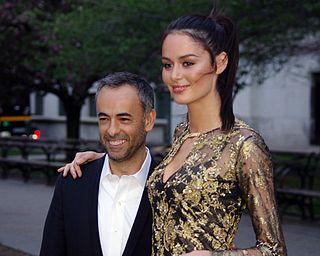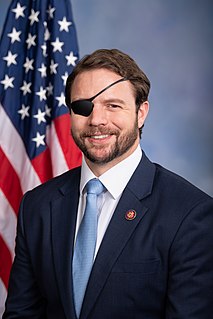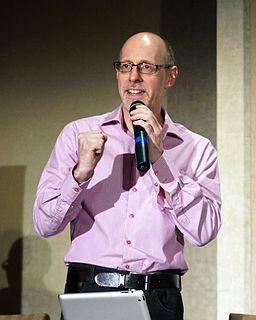A Quote by Martin Luther King, Jr.
The nation is sick; trouble is in the land, confusion all around...But I know, somehow, that only when it is dark enough can you see the stars. And I see God working in this period of the twentieth century. Something is happening in our world. The masses of people are rising up. And wherever they are assembled today, whether they are in Johannesburg, South Africa; Nairobi, Kenya; Accra, Ghana; New York City; Atlanta, Georgia; Jackson, Mississippi; or Memphis, Tennessee, the cry is always the same: 'We want to be free.'
Quote Topics
Africa
Always
Around
Atlanta
Century
City
Confusion
Cry
Dark
Enough
Free
Georgia
Ghana
God
Happening
Jackson
Johannesburg
Kenya
Know
Land
Masses
Memphis
Mississippi
Nairobi
Nation
New
New York
New York City
Only
Our
Our World
People
Period
Rising
Rising Up
Same
See
Sick
Somehow
Something
South
South Africa
Stars
Tennessee
Today
Trouble
Twentieth
Twentieth Century
Up
Want
Wherever
Whether
Working
World
York
Related Quotes
I grew up in Memphis, Tennessee; I went to college in New Orleans before moving to New York City for graduate school. Both sets of my grandparents grew up in rural Mississippi and brought a lot of agrarian knowledge to Memphis, which is an urban center in the South. Both sets had amazing backyard gardens. My paternal grandfather, practically every inch of available space was green.
Forests are breaking out all over America. New England has more forests since the Civil War. In 1880, New York State was only 25 percent forested. Today it is more than 66 percent. In 1850, Vermont was only 35 percent forested. Now it's 76 percent forested and rising. In the south, more land is covered by forest than at any time in the last century. In 1936 a study found that 80 percent of piedmont Georgia was without trees. Today nearly 70 percent of the state is forested. In the last decade alone, America has added more than 10 million acres of forestland.
And at the moment of contact, they do not know if the hand that is reaching for theirs belongs to a Hindu or Muslim or Christian or Brahmin or untouchable or whether you were born in this city or arrived only this morning or whether you live in Malabar Hill or New York or Jogeshwari; whether you’re from Bombay or Mumbai or New York. All they know is that you’re trying to get to the city of gold, and that’s enough. Come on board, they say. We’ll adjust.
Journalism today is obviously in a major transition. Going to journalism school, learning how to write, working your way up in a little paper in Decatur, Georgia and then moving to Atlanta and then maybe to New York: it's just over. You have to have a whole other set of skills now. You have to be a videographer, you have to do social media. You can't do a long, thoughtful, insightful piece if you don't have the time to do reporting, particularly reporting around somebody who doesn't want to be known or an issue that doesn't want to reveal itself.
I remember being very affected by what was going on there towards the end of Apartheid. And the subject is still very pertinent, politically, to what's happening around the world today, in terms of negotiating peace talks. I had always been interested in this period of change in South Africa, generally, for a variety of reasons.
I believe, the NAACP began to try to organize parents of Negro children to file petitions with the boards of education regarding the integration of the school system. You had some very severe economic reprisals against people in Mississippi and in South Carolina. So, in order to try to help to meet some of the physical needs and the economic needs of people in Clarendon County [SC] who had been displaced from the land, and otherwise, and in certain sections of Mississippi, we organized in New York City something called "In Friendship".


